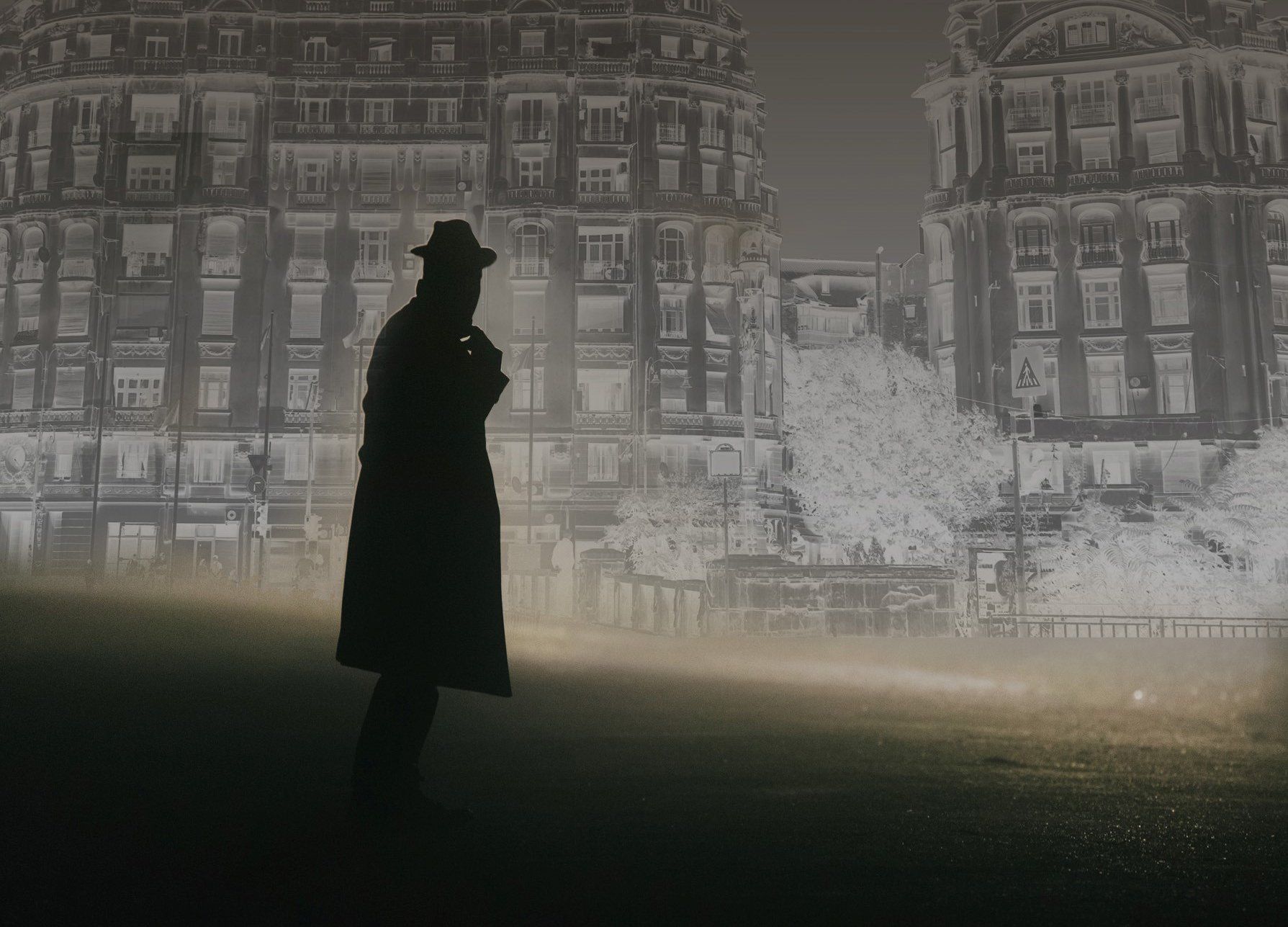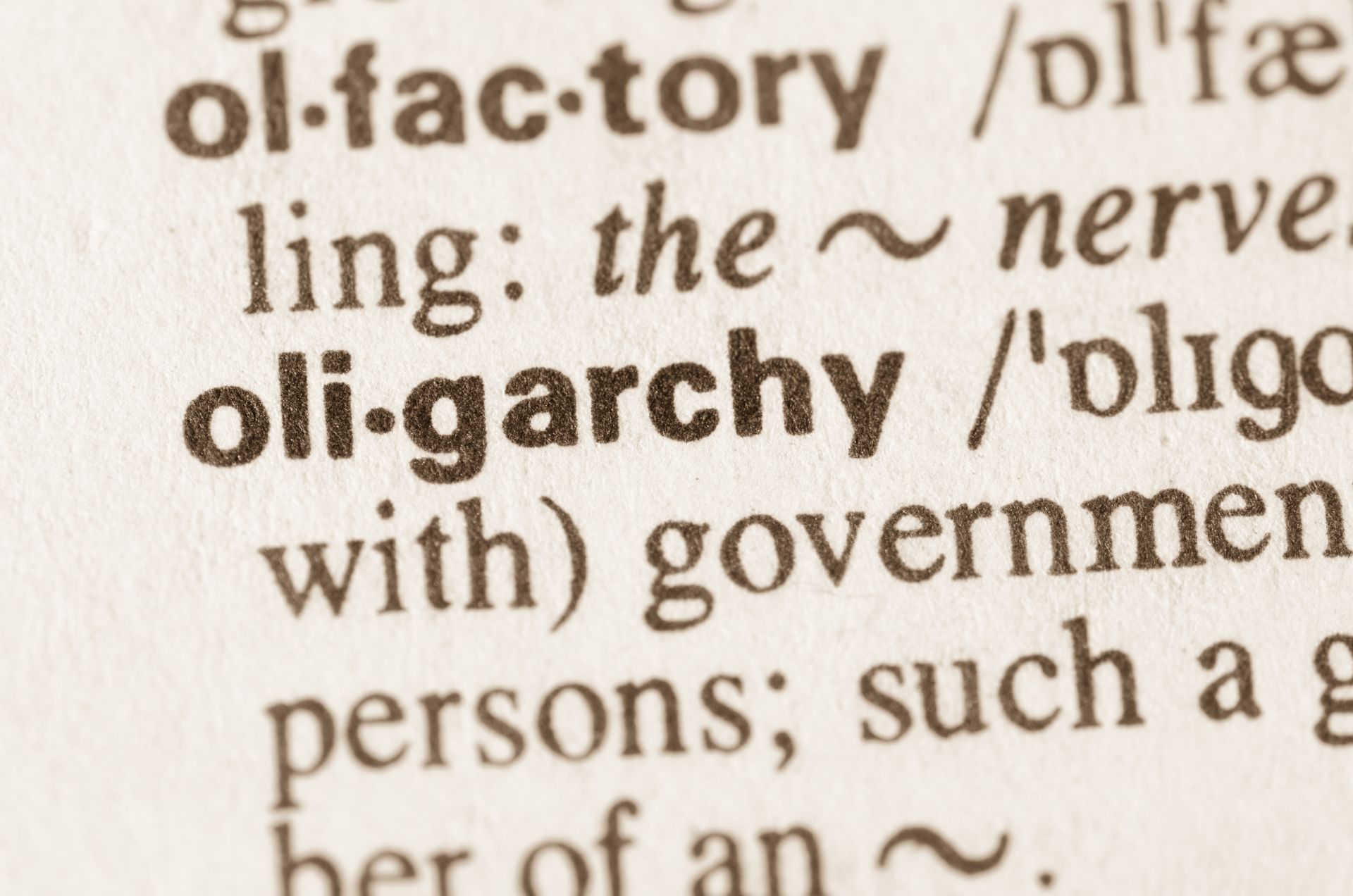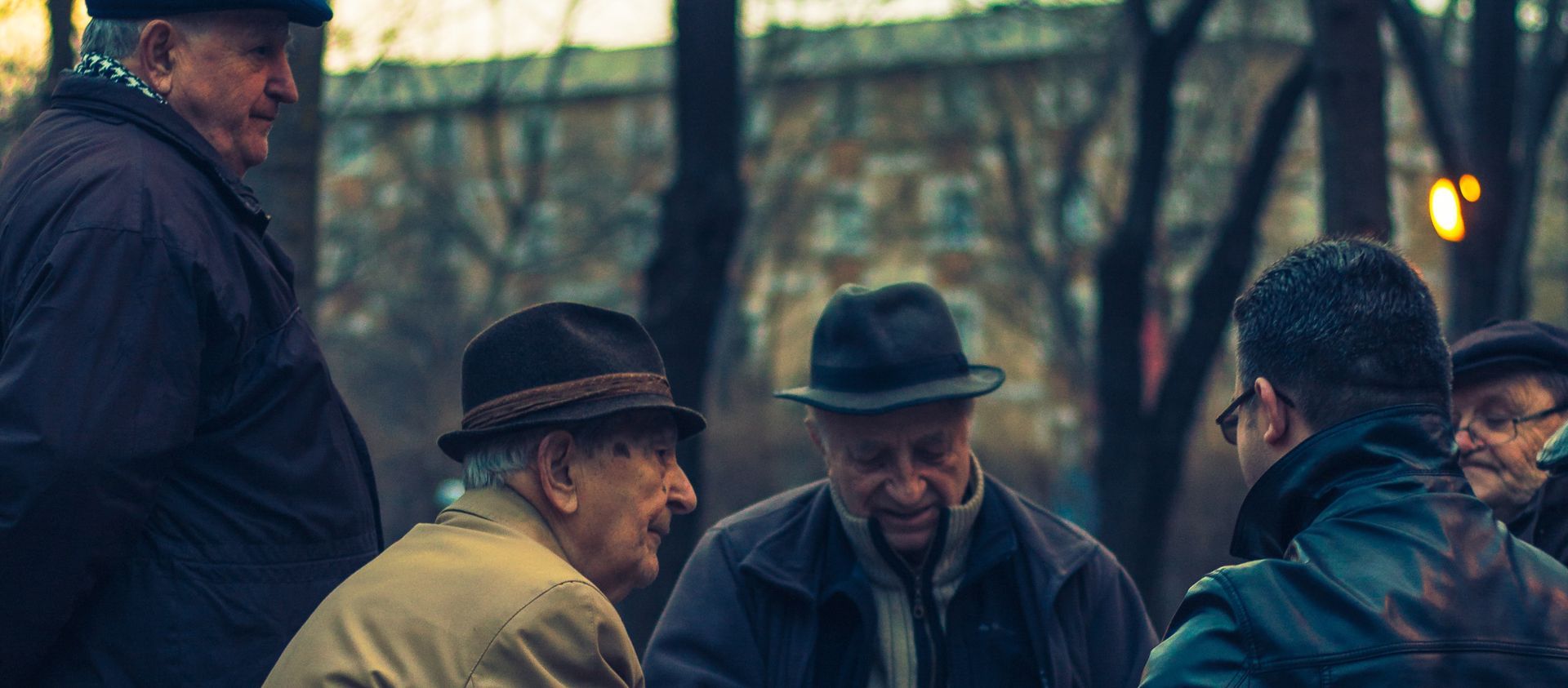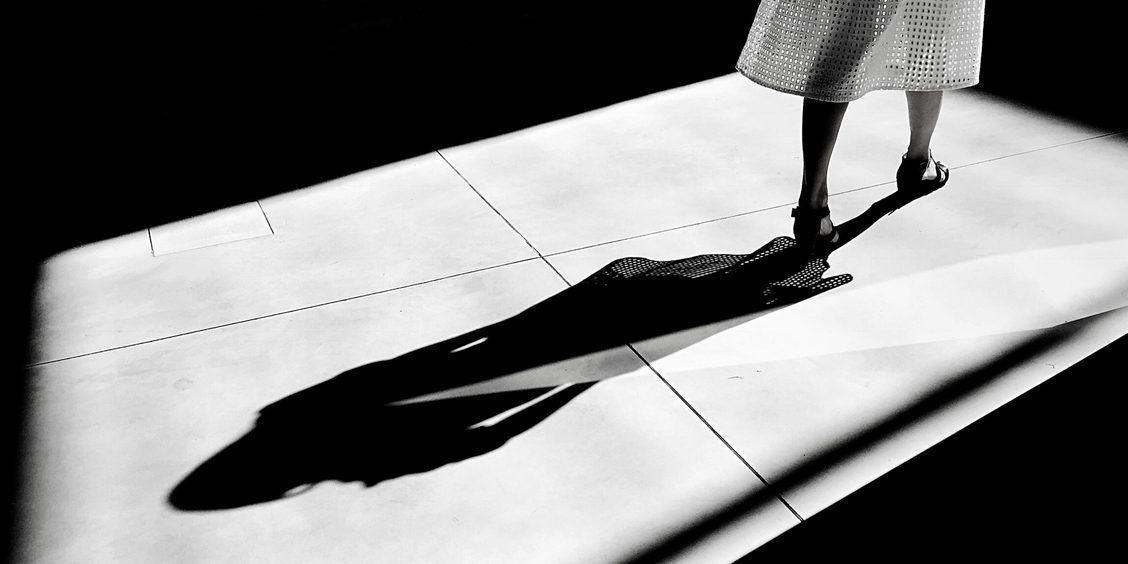The Bucharest Legacy - The Rise of the Oligarchs
The Bucharest Legacy - The Rise of the Oligarchs
The tragedy of many of the countries that suffered under the totalitarian yoke of communism is that the suffering did not end when the Iron Curtain fell, or when their governments declared they now became a capitalist democracy. The culture of corruption that had been engrained for several generations continued.

For decades communism functioned under certain rules and social norms. Contrary to their propaganda of a classless society in which everyone was equal, the society was divided into those who had power and those who had none. For the nomenklatura, the bureaucrats who ran the government and who were Communist Party members, life was quite different from the rest of the population. They had their own Party stores where they could buy food, clothing, televisions, liquor, Western music and films, and anything else they could import from Western Europe, while the rest of the population stood in line for food and basic needs, and had hot water for only a few hours in the morning and evening.
Since the government was accountable only to itself, these faceless bureaucrats and political leaders were free to skim off the top of their government budgets, demand bribes from local citizens and foreign companies trying to do business in Romania, and acquire wealth, which they hid in offshore accounts. Corruption became the norm, which filtered down to every corner of society. You had to bribe the government butcher to save you a slab of beef, or the government grocery store manager to put aside some eggs or milk for delivery after the store ran out and closed its doors. You could not see a doctor without a bribe, and if you needed surgery you better have some of your grandmother’s jewelry to hand over to the surgeon. Ironically, communism transformed itself into the basest form of capitalism in which nothing could be accomplished without a bribe, some of which I described in
The Bucharest Dossier.

After the transition from communism to some sort of democracy, these countries continued the same practices, even on a larger scale. A class of people appeared who were suddenly immensely wealthy. These oligarchs did not only rise up in Russia, but in Romania, Hungary, Poland, and most of the other former communist countries. Most of these oligarchs were members of the former communist secret services—The KGB in Russia and the Securitate, Romania’s secret service. They also included former communist leaders, their families, and friends. They acquired their sudden wealth in various ways. Some bought the newly privatized
state companies in corrupt transactions for pennies on the dollar, others were given no-bid government contracts, while still others were simply placed in positions of power in newly privatized oil and gas companies, banks, and other industries, as Putin did in Russia with his KGB friends. They used the same methods of bribes and blackmail to overcome any resistance, aided by their archives of secret service dossiers from the communist era, which held incriminating evidence on all government officials and most of the population.
To this day, the same former communist leaders and their families and friends run these countries. Many of these leaders claim that the oligarch system is a stabilizing force in ensuring that a capitalist system survives. The system of corruption has continued down to regular citizens in everyday transactions. It should come as no surprise that even those former communist countries that joined the EU and NATO are listed as some of the most corrupt in Europe. But the irony is that these leaders are now using EU funds to create their crony capitalism.
Today, Russia is openly run by these oligarchs with the wealthiest of them all—purported to be the wealthiest man in the world—as its leader. It is not surprising that the Russian army that invaded Ukraine has been found to be a feckless shell. The military has been hollowed out by those same apparatchiks, now oligarchs, who in the past squirreled away stolen government funds in offshore accounts but who now build $500 million yachts and mansions all over the world. In this instance, maybe we should be grateful.
In the sequel to The Bucharest Dossier, I try to describe the situation in Romania three years after the revolution with the rise of the oligarchs who took over most of the country’s industries and who run the country to this day, no matter which party is in power.
The Bucharest Legacy — The Rise of the Oligarchs will come out in June of 2023. I hope you enjoy it.





